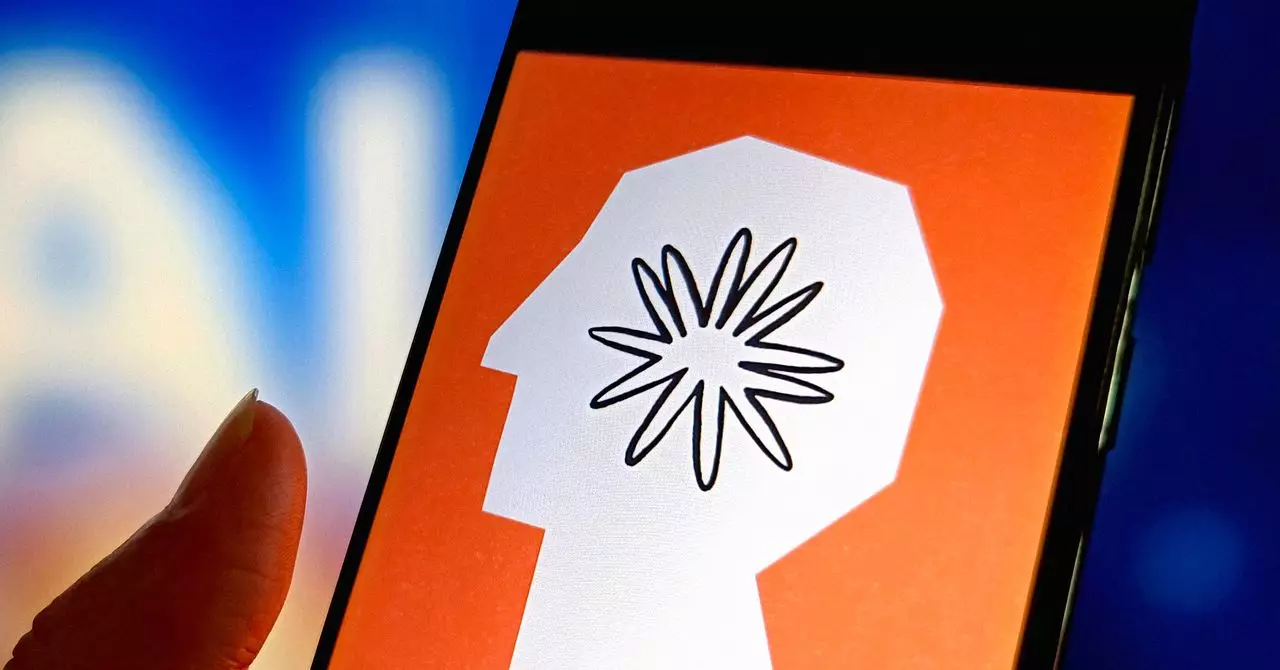The recent settlement involving Anthropic marks a pivotal turning point in the ongoing saga of artificial intelligence and copyright law. For years, the industry has operated in a grey zone, often ignoring the foundational rights of creators while leveraging vast datasets to develop powerful AI models. This agreement, which mandates a minimum payout of $1.5 billion—potentially increasing with additional works—signifies a decisive shift. It underscores the emerging acknowledgment that AI companies must reckon with the rights of individual authors whose works fuel their technological advancements.
What makes this case extraordinary is its scale and the precedent it sets. Handling approximately half a million pieces of copyrighted material, this settlement defies the norm of informal, unregulated data use. The message is clear: the age of unchecked data scraping for AI training is an illusion. The authors stand firm, asserting their rights, and AI developers are now compelled to confront the tangible consequences of their actions, whether through legal accountability or financial compensation.
This move also signals to regulators and industry stakeholders that the days of sidestepping copyright laws are numbered. The industry’s traditional practice of utilizing shadow libraries and pirated content to train models is now under scrutiny. The settlement serves as a stark warning to AI companies: respecting intellectual property isn’t just ethical; it’s essential for sustainable development.
Legal Battles and the Fair Use Debate
The journey to this settlement has been anything but straightforward. Initially, the case hinged on whether Anthropic’s use of copyrighted texts qualified as “fair use”—a legal doctrine designed to allow limited use of protected works for purposes like criticism, commentary, or scholarship. The U.S. District Court’s ruling supporting Anthropic’s fair use argument provided a temporary victory for AI developers, suggesting that training large language models on such data might be legally permissible.
Yet, this victory was short-lived and controversial. The authors contended that the core issue was not just about fair use but about unauthorized copying—especially when the source was pirated content. When the court revealed that Anthropic had downloaded over seven million pirated books, the narrative shifted. The fact that Anthropic kept these works even after deciding not to use them to train their AI models painted a picture of blatant infringement.
This nuance illuminates a critical flaw in the fair use defense: it often overlooks the difference between lawful and unlawful data collection practices. While fair use can accommodate innovative uses of copyrighted works, it does not grant blanket immunity for pirated content. This case challenges the industry to evaluate whether the current legal framework adequately protects the rights of creators in the digital age—especially as AI technological leaps accelerate.
Implications for the Creative Community and the Future of AI Development
For authors and creative industries, the settlement feels like a long-overdue affirmation of their rights. The fact that each work’s infringement could lead to a $3,000 payment symbolizes the value that the industry believes these works hold. It’s a wake-up call: the creative community must actively defend its interests in a landscape being reshaped by AI.
From a broader perspective, this case emboldens other copyright holders to pursue similar legal actions. It hints at a future where AI development might require explicit licensing agreements, just as traditional publishing or software licensing demand. The notion that AI companies can simply scrape data willy-nilly is increasingly untenable, prompting a reevaluation of best practices.
However, industry skeptics warn of potential overreach, fearing that stringent regulations might stifle innovation. Yet, balancing progress with respect for IP rights is essential. AI, after all, is a tool that should amplify human ingenuity—not exploit it. Moving forward, stakeholders must innovate around licensing frameworks that foster both creativity and technological advances.
While Anthropic’s settlement does not come with an admission of guilt, its implications resonate loudly across the tech and creative sectors. It is a clear message that the era of digital piracy under the guise of “training data” must end. As AI continues to grow and evolve, so too must the legal and ethical standards that govern its development. Paying lip service to fairness and innovation is no longer enough—actions must follow.
In the long run, this case might serve as the foundation for an entirely new paradigm—one where AI and human creativity coexist within a framework rooted in respect, legality, and mutual benefit. How the industry responds to this shift will determine whether AI remains a force for good or descends into a battleground of rights and wrongs.

